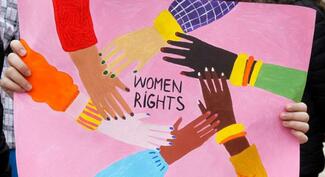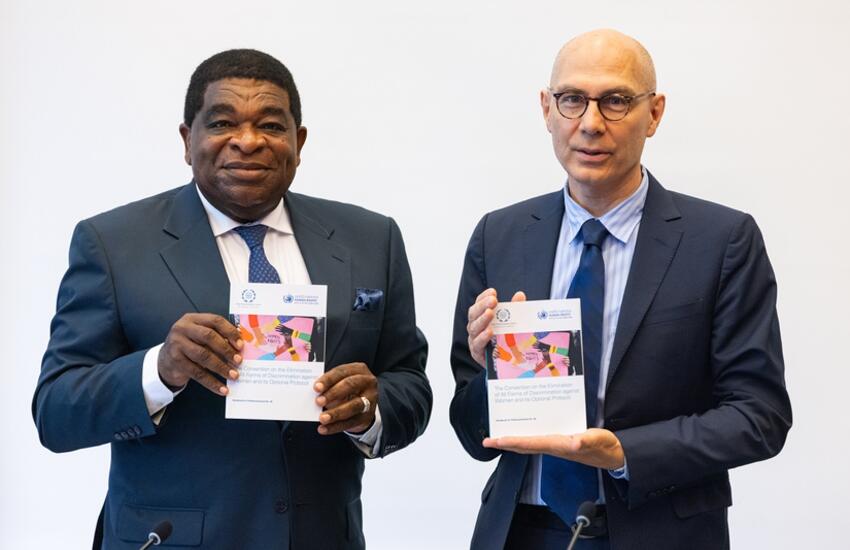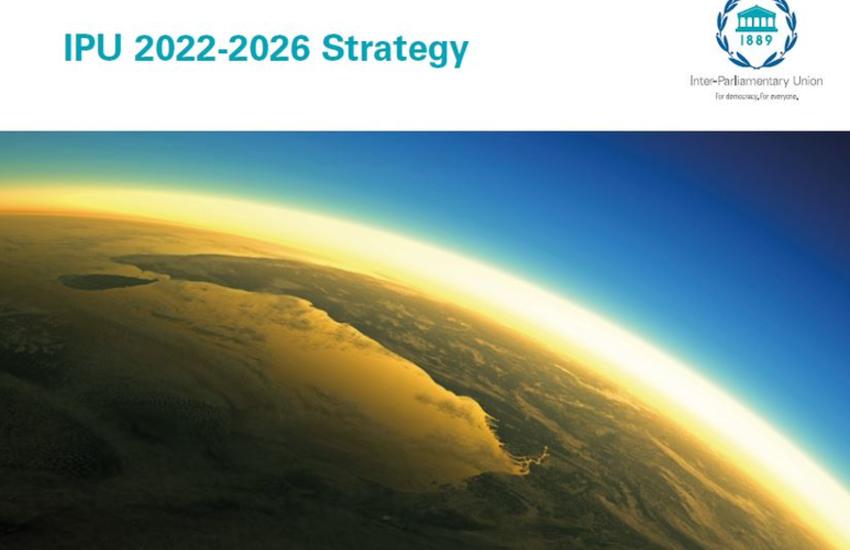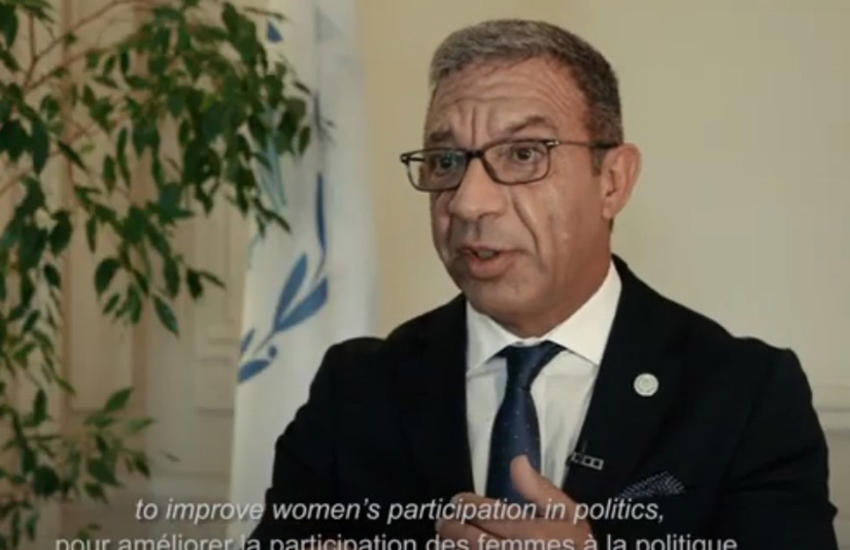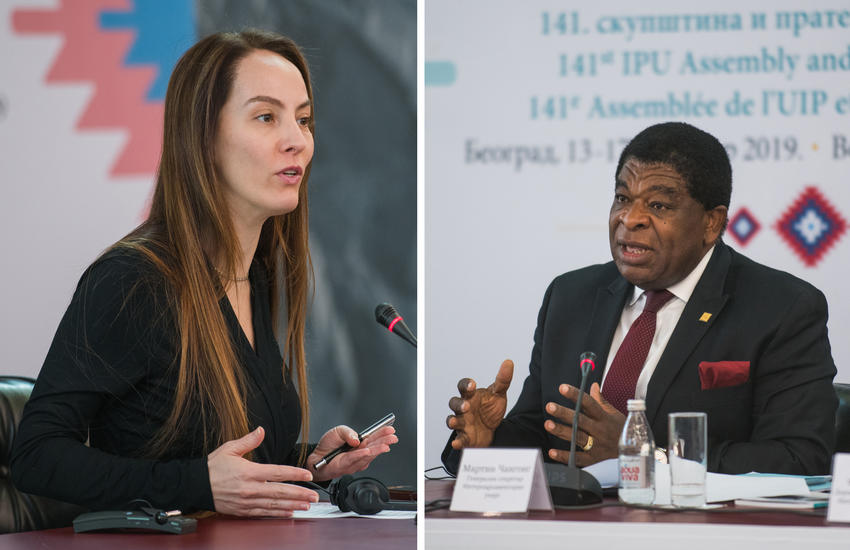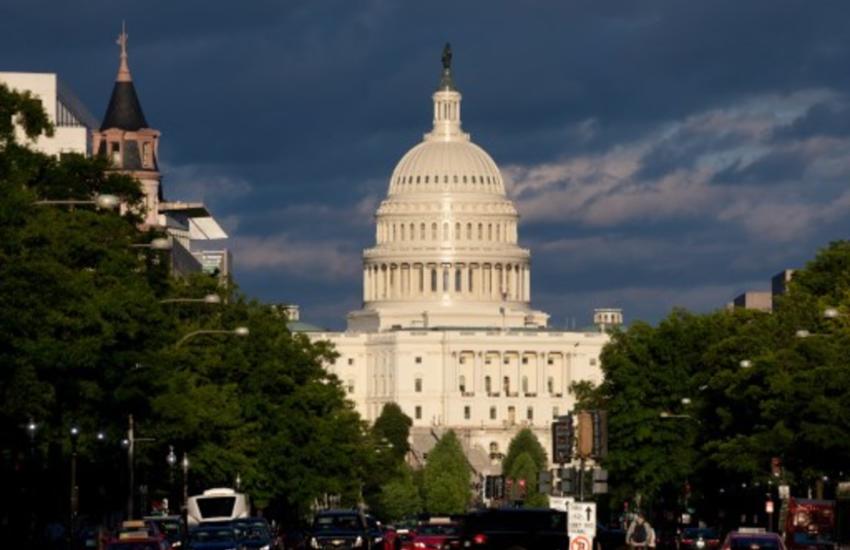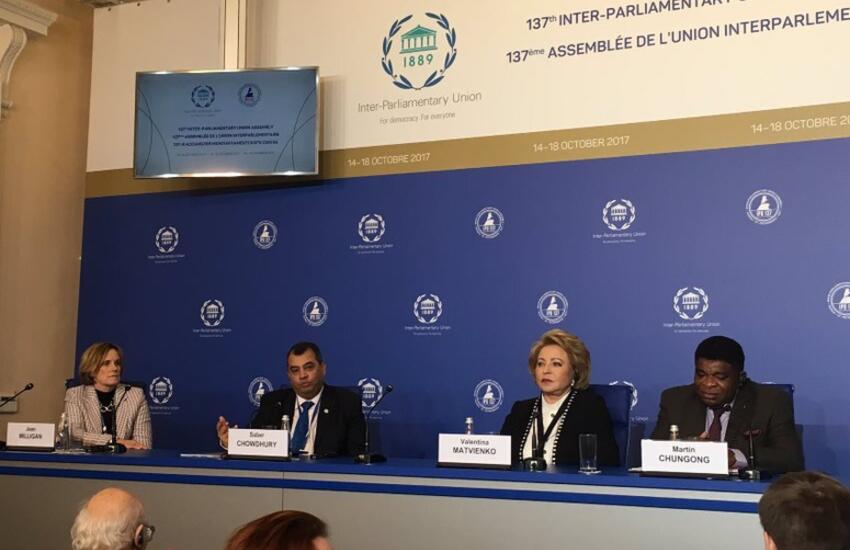Twenty years after the first edition, the IPU and the Office of the United Nations High Commissioner for Human Rights (OHCHR) have published a new version of a handbook for parliamentarians on the Convention on the Elimination of All Forms of Discrimination against Women and its Optional Protocol.
What is the CEDAW Convention?
More than four decades after its adoption, the United Nations Convention on the Elimination of All Forms of Discrimination against Women (CEDAW) remains an essential tool for achieving gender equality and protecting women’s rights in all walks of life – from the family and the classroom to executive boards and political leadership roles.
The new handbook is intended to help parliamentarians translate the Convention into concrete parliamentary action through law-making, budget allocation and parliamentary oversight of government actions. It also encourages parliamentarians to lead the way when it comes to promoting women’s rights.
Discrimination against women
Gender-based discrimination against women is widespread across the world. IPU data shows that the proportion of women in parliament, despite steady increases over the past few years, has stagnated at around 26%. According to the World Bank, women and girls only hold 77% of the legal rights of men and boys. And the World Economic Forum has calculated that women globally earn around 37% less than men in similar roles and that progress on closing the gender pay gap is extremely slow.
What can parliaments do?
The handbook demonstrates how parliaments can use the CEDAW Convention as a framework for advancing gender equality, and the human rights of women and girls. It introduces parliaments to the Convention and the work of the CEDAW Committee, a watchdog body made up of experts that monitors implementation and progress reported by countries as well as responding to complaints.
The handbook focuses on particular themes where the Convention takes on particular relevance, including challenging contexts such as those arising from armed conflicts, political instability, climate change and health crises.
For example, crime and violations of the rights of women and girls normally escalate in conflict situations, especially gender-based violence against women. This violence can include rape and other forms of sexual violence, which can sometimes be used a tactic of war, as well as trafficking, and child and/or forced marriages.
The handbook details what actions parliaments can take to address this violence. It recommends that parliaments include all acts of sexual violence committed by State and non-State perpetrators into national legislation to ensure their criminalization, investigation, prosecution and punishment.
The handbook contains a wealth of case studies of how parliaments are helping eliminate discrimination against women. For example, in Mexico, the General Law on Women’s Access to a Life Free of Violence was enacted in 2007, with a gender-sensitive public budget adopted the following year. This specific budget, which focuses on the prevention, sanction and eradication of gender-based violence against women, is outlined in a dedicated annex of the federal public budget.
In other examples of good parliamentary practice, the handbook describes how parliaments can actively engage with the CEDAW Committee. For example, in Maldives, for the first time, the Chair of the Parliamentary Human Rights and Gender Committee was included in the November 2021 State delegation to the Committee to ensure a parliamentary angle and follow-up to the country report on progress.
Parliaments as agents of change
The handbook underscores how parliaments can be drivers of change in eliminating discrimination. For example, they can lead by example by becoming gender-sensitive institutions.
The IPU’s 2012 Plan of Action for Gender-sensitive Parliaments is a key policy document which presents a broad range of strategies that can be implemented by all parliaments, irrespective of the number of women members.
Leadership quotes
“Today’s challenges cannot be overcome if women, who constitute half of the world’s population, are excluded from full and equal participation and leadership in economic, political and social life. The Convention therefore continues to serve as a solid foundation for building a more resilient world and more inclusive societies.” Cynthia López Castro, President of the IPU Bureau of Women MPs
“Parliamentarians are essential drivers of the paradigm shift towards gender parity in all spheres of life. The CEDAW Committee and the IPU have been working closely together to make sure parliaments as institutions and individual MPs can fulfil their transformative role, and advance women’s rights both in laws and in the minds.” Nicole Ameline, CEDAW Committee expert and IPU focal point
“Despite progress and the near universal adoption of the Convention, no country can yet claim to have fully achieved gender equality. Indeed, gains in women’s rights and gender equality are at serious risk of being reversed by multiple crises, from the COVID-19 pandemic and climate change, to the rise of authoritarianism. That’s why this handbook is timely, as it will provide new momentum and serve as a reminder that the implementation of the Convention should be an everyday task.” Martin Chungong, IPU Secretary General.
The handbook was launched at a special event on Thursday, 22 June 2023: Parliaments and women’s rights: Implementing CEDAW, realizing the Universal Declaration of Human Rights for all.
***
The IPU is the global organization of national parliaments. It was founded more than 130 years ago as the first multilateral political organization in the world, encouraging cooperation and dialogue between all nations. Today, the IPU comprises 179 national Member Parliaments and 14 regional parliamentary bodies. It promotes democracy and helps parliaments become stronger, younger, gender-balanced and more representative. It also defends the human rights of parliamentarians through a dedicated committee made up of MPs from around the world.
For more information about the IPU, contact Thomas Fitzsimons at e-mail: [email protected] or [email protected] or tel: +41(0) 79 854 31 53





